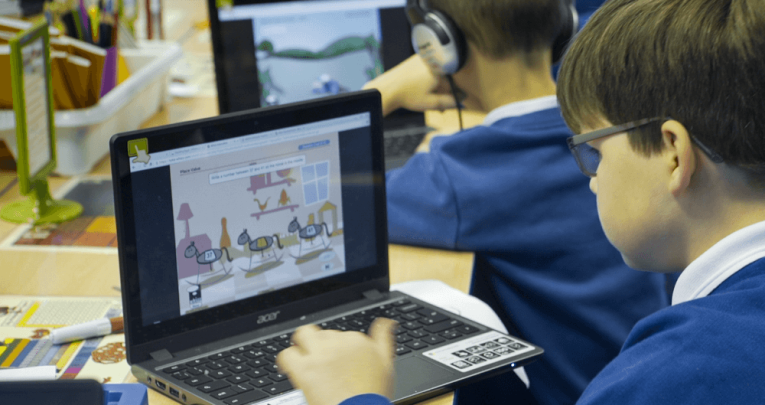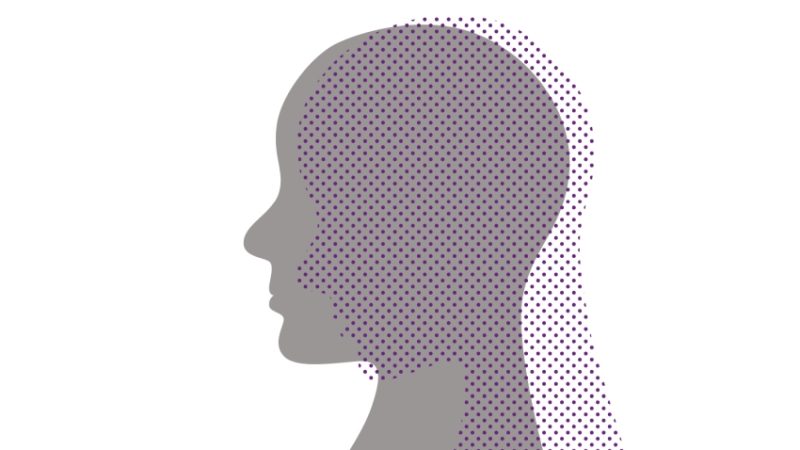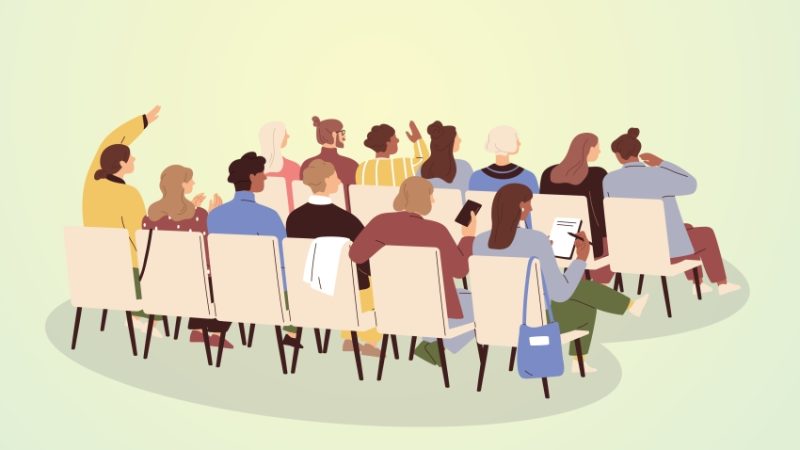Catch up and learning loss – How to make positive progress post-pandemic

This time should be about creating opportunities for teachers to reconnect with students and to build confidence, says Fiona Goddard…

Terms like ‘catch-up’ are casting a huge shadow over the education world currently, and for good reason. COVID-19 has resulted in widespread learning loss as students have struggled for access to education.
In our own research we have been able to quantify the lockdown learning loss in maths experienced by 5-13 year olds in the UK.
From the 1,721 children assessed, 46% experienced a learning loss, exhibiting an average of knowledge decline of eight months during the first lockdown alone.
This is hardly surprising in the face of severe disruptions this past year. Despite the tireless efforts of teachers to adapt lessons and provide remote classes, the global pandemic has had a drastic effect on pupils’ learning.
We have had to accept the phenomenon of learning loss and the fact that after this year many students are not where they should be or where we would like them to be.
But how this is presented, and how it is addressed, needs to be carefully managed to ensure students don’t feel penalised for something that is not their fault, and also to ensure teachers do not become overwhelmed.
Knowledge is easily regained, and students have plenty of time to accelerate their way to recovery in a positive way.
It’s vital that teachers can reconnect with students and work with parents to help build confidence, informally assess gaps and secure firm foundations with an emphasis on quality over quantity.
In order to create really effective approaches to learning in the wake of the closures and disruption, we need to pause to consider how plans will be seen through students’ eyes.
We shouldn’t be expecting children to pick up where they left off and try to ‘catch-up’ immediately on any gaps.
The next few months in schools should be about recalibrating the curriculum, reviewing what has been taught and prioritising selected topics for the remainder of the year.
This time should be about creating opportunities for teachers to reconnect with students and to build confidence.
We also believe tools such as virtual tutoring platforms have a vital part to play as we move forward.
For students, highly engaging and interactive content, pitched at the right learning level, means progression can become an uplifting experience that brings joy to learning rather than a situation which introduces anxiety to catch up.
For example, our virtual tutor Maths-Whizz can identify strengths and weaknesses and help teachers decide where additional support is required.
A topic focus can be set to scaffold learning or to keep skills simmering.
The real time data helps monitor and report on progress, inform assessments and teachers’ resources can be used to plan for whole class, group or individual sessions.
In this way, virtual tutors can help adapt to the students’ needs, personalising their journey and helping them make positive progress.
The pandemic has taught us the role technology can have in education and how valuable it can be if used correctly. Now as we set about recovery, using technology to help boost learning can also result in positive benefits.
It can offer support for teachers and help students as they start to regain knowledge and move forward making learning gains once more.
Fiona Goddard is Education Consultant at Whizz Education. For further information please see whizz.com.












